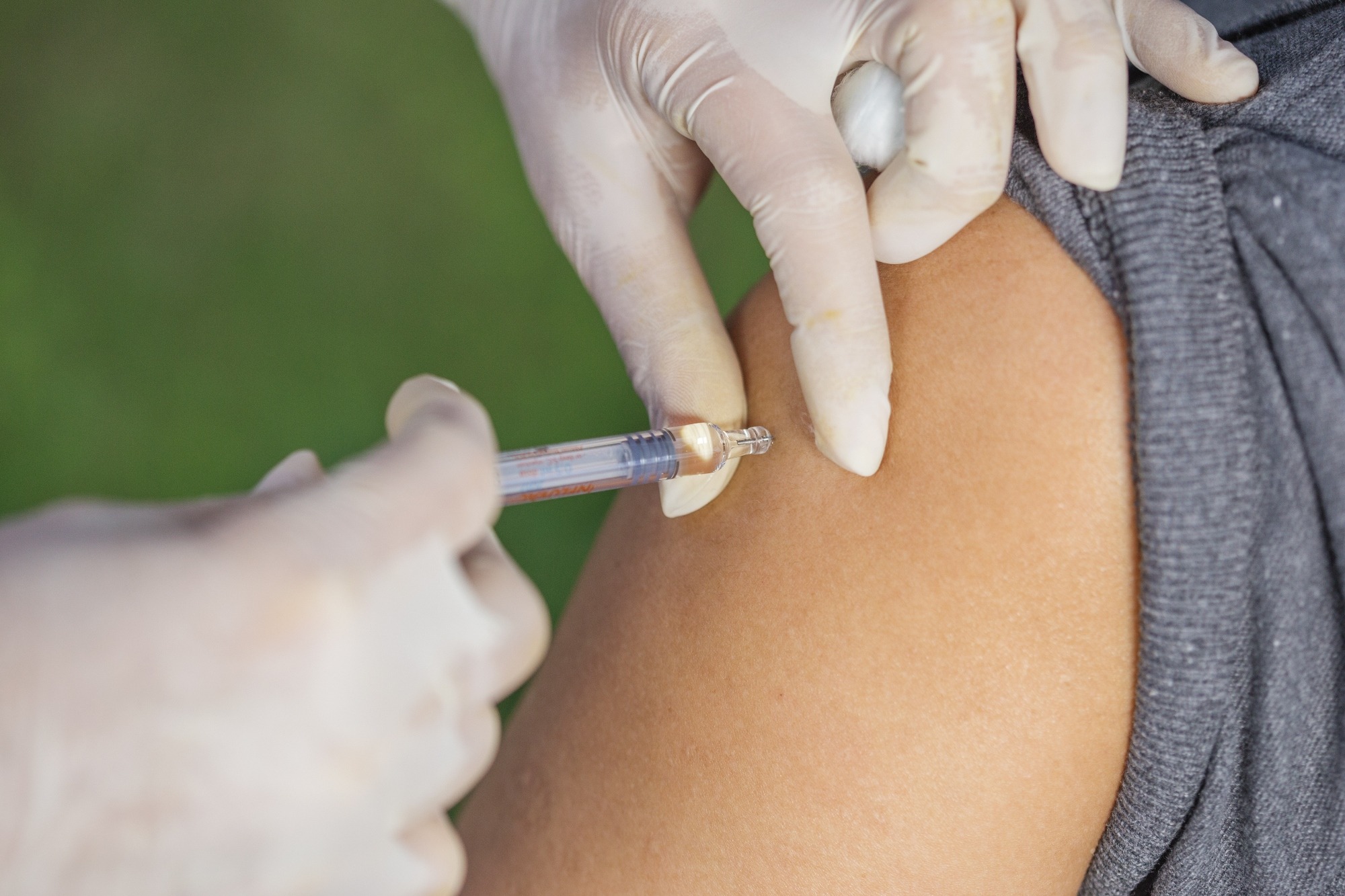Did you know that eggs are one of the most common allergy-causing foods in children? However, fret not because most children will outgrow their egg allergy before reaching adolescence. That being said, some individuals don’t grow out of this allergy and may experience symptoms well into adulthood.
The most common symptoms are skin inflammation or hives, nasal congestion, runny nose and sneezing, stomach cramps, nausea and vomiting and signs of asthma such as coughing, wheezing, chest tightness or feeling short of breath. Certain individuals may have a severe reaction such as constriction of the airways, abdominal pain and a sudden drop in blood pressure which feels like dizziness, light-headedness and some may lose consciousness.
Egg yolk or egg white?
Much like other allergies, egg allergies occur when the immune system mistakes egg proteins as harmful. Thus, when you come in contact with eggs by eating it, your immune system releases histamine and other chemicals that causes the allergic signs and symptoms. Both the egg yolk and egg white can trigger an allergic reaction but egg white allergy is more common.
Note: Babies being breastfed can have an allergic reaction to egg protein present in breast milk if the mother has consumed eggs.
Children with atopic dermatitis are more likely than others to develop a food allergy and family history plays a part as well. If one or both parents have asthma, a food allergy or other allergies such as hay fever, hives or eczema, there is also a higher chance of their child developing an egg allergy.
Egg allergy in adulthood
An egg allergy in adults is rare because the symptoms typically begin during childhood or adolescence. However, in cases of adult-onset egg allergies, this happens because the body’s immune system becomes sensitised to egg proteins and an immune reaction happens. A study has hypothesised that sensitisation may occur after a period of stress which could alter the gut microflora.
Offending foods
The best way to see whether you have an egg allergy is to get an allergy test done. This usually involves either a skin prick test or a blood test. After finding out about your egg allergy, this is when the adventure begins. A lot of food contain egg and egg proteins. These include:
- Cakes
- Pastries
- Bread
- Pasta
- Cereal
- Cookies
- Shiny bread or pastry (the shine is from an egg wash)
- Salad dressing
- Candy
- Cream fillings

Other foods that may contain egg that might surprise you include root beer where egg is used to create that foamy head! Locally, certain noodles are made with egg so do take note. Other foods that may contain egg include marshmallows, surimi (artificial crab meat), mayonnaise and macaroni!

Read Read Read!
Reading food labels are very important whether it’s your child or yourself who has an egg allergy. Certain packaged foods may not specify that there is egg protein present in the ingredients. When reading food labels, pay special attention to these ingredients that contain egg proteins:
- Albumin
- Emulsifier, binder or coagulant
- Ingredients that begin with ‘ova’ will contain eggs
- Egg substitute (could be egg white)
- Globulin
- Lecithin E322
- Livetin (egg yolk protein)
- Lysozyme (food preservative, derived from egg white)

Another thing to look out for is that certain medications, makeup and some vaccines could contain egg proteins. Most flu vaccines along with those for yellow fever and MMR (measles, mumps and rubella) may contain egg. However, this is not a good reason not to vaccinate your child or yourself. Simply speak to the doctor about your egg allergy and an alternative vaccine that’s safe for you will be administered.
Reference: Healthline; Mayo Clinic.















